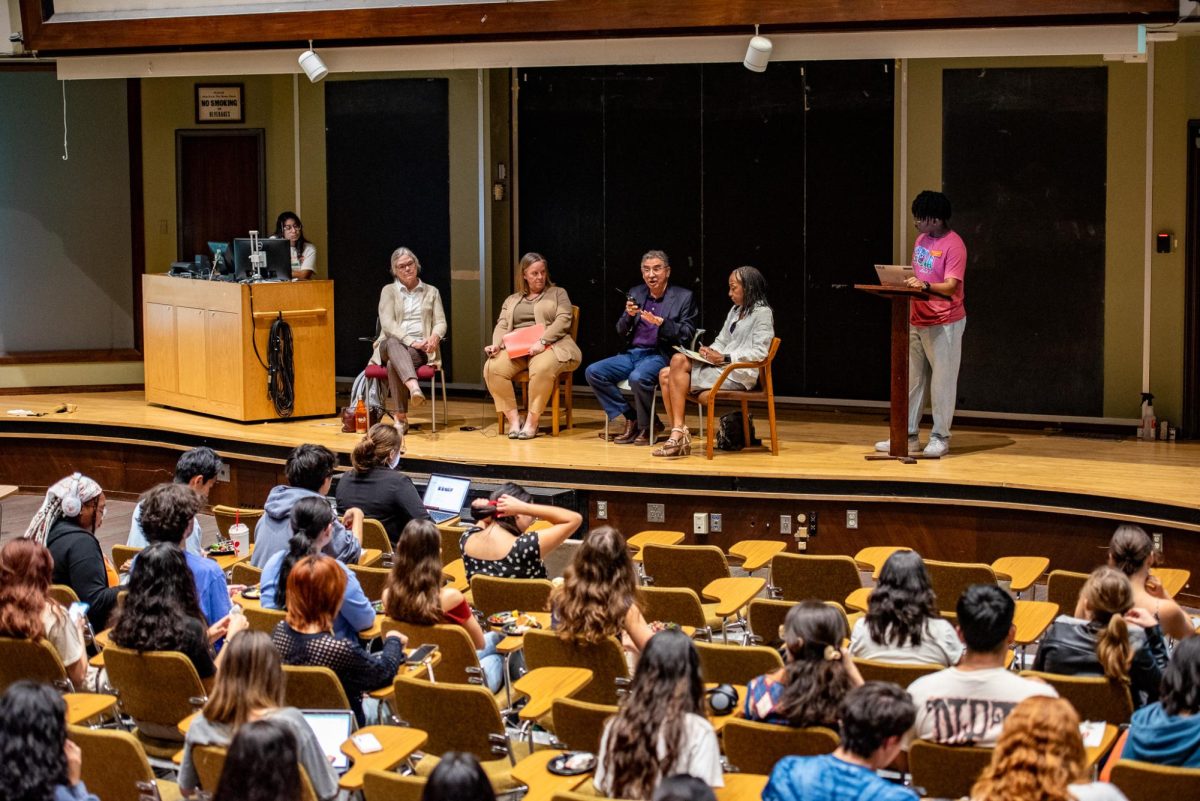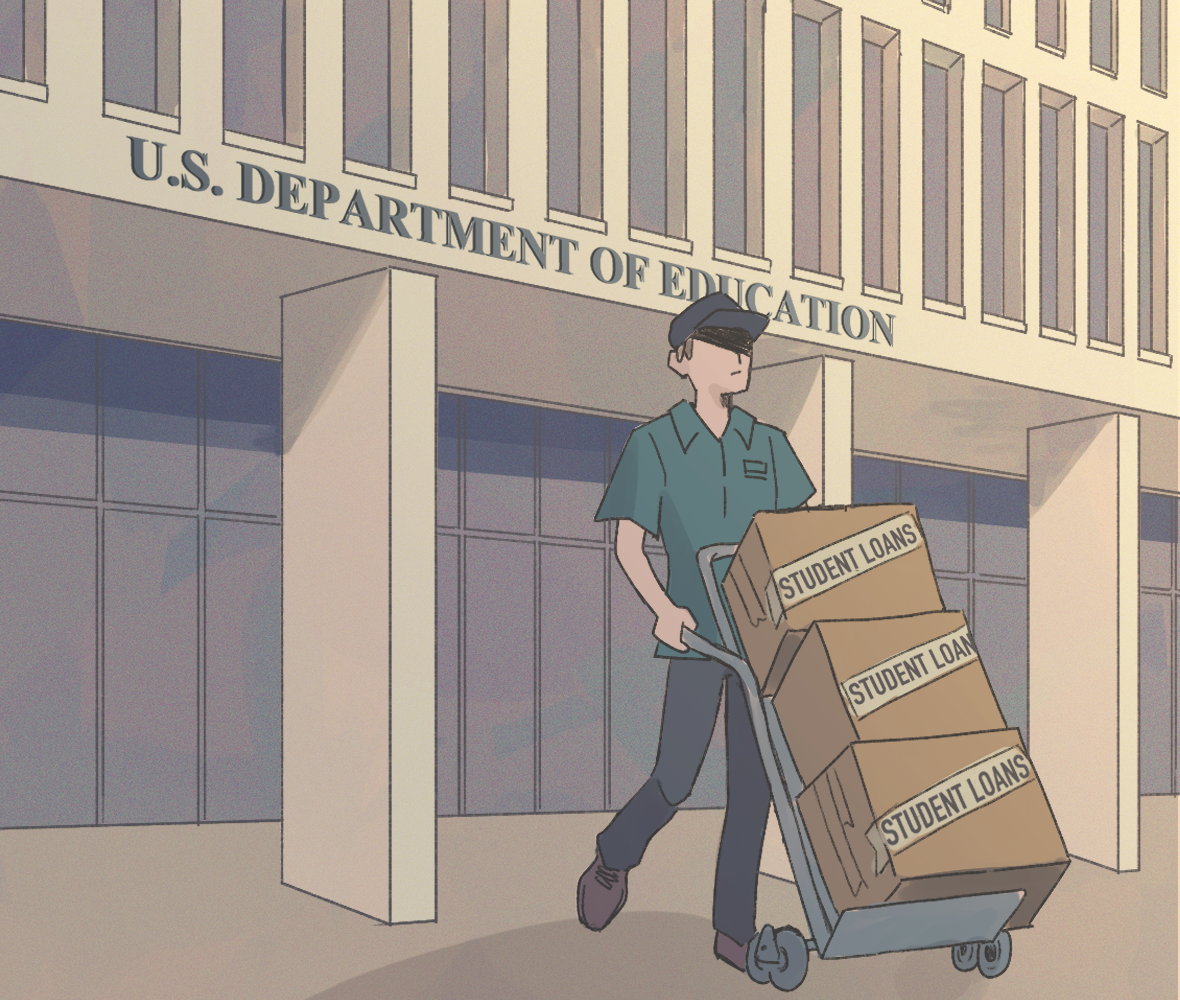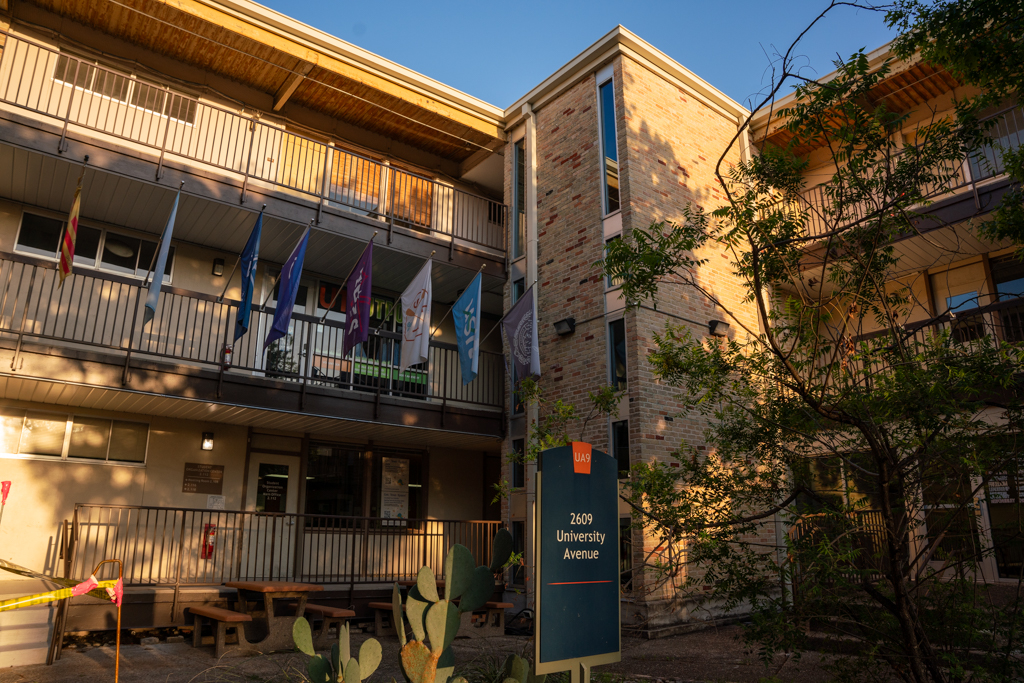The Liberal Arts Council hosted a panel on Tuesday to help answer student questions about the future of DEI in light of concerns posed by Senate Bill 17, which is taking effect next semester and requires universities to close their diversity, equity and inclusion offices.
The panel, which consisted of Liberal Arts Dean Ann Stevens and three other COLA faculty members, asked students to submit questions prior to starting. Dadrien Whittington, Liberal Arts Council vice president, moderated the event. Approximately 55 students attended.
During the panel, Stevens said the University is currently going through a “deliberate staged process” in complying with the bill.
“It’s really important to understand what the law requires, what it rules out,” Stevens said during the panel. “The law says we cannot have DEI offices and programs that provide preferential treatment on the basis of race or gender. But it also is really clear that certain things are not affected.”
Richard Flores, deputy to the president for academic priorities, said the University is currently working to find ways to support students, faculty and staff affected by the law.
“A great number of our student support activities will remain,” Flores said during the panel. “They may have to be tweaked as Dean Stevens has been talking about, … but student support, in particular academic support, remains intact.”
Stevens also addressed concerns about DEI programs aimed at supporting specific demographics. While programs based on supporting women have more leeway, she said, there are also ways for the college to address programs “designed to be implemented with respect to race or ethnicity.”
The language of the legislation also allows a degree of flexibility for student organizations, Flores said. While sponsored organizations that receive funding from the University will experience more limitations, registered organizations will have more freedom to host events highlighting diversity.
Panel attendees also asked questions about the University’s role in promoting awareness about SB 17 for students.
“There’s sort of an information overload, and then when you have something really important to communicate, it’s difficult,” Stevens said during the panel. “But we remain open. I would be happy to do another event like this.”
Anthropology professor Pauline Strong said the University is also focusing on the broader implications of SB 17 for future legislation.
“Much of what we see in the three bills that were debated comes from national organizations rather than local conditions,” Strong said during the panel. “We’re in a difficult political environment. We have to continue to educate the public and legislators about what we do in diversity — about why it’s important.”
Economics freshman Lina Ezernack watched the panel and said while it helped clarify the sort of changes SB 17 would make, he wished the panel talked about different impacts for specific groups from the legislation, still leaving him unsure about the future of diversity, equity and inclusion.
“We had a lot of questions about the specific organizations and specific centers on campus, such as the Gender and Sexuality Center, and we haven’t received answers for these questions yet,” Ezernack said.
Stevens said while SB 17 might change how the University conducts certain programs, she remains optimistic.
“I don’t think there will be anything we absolutely have to stop doing because we were always doing things in the spirit of equal opportunity and fair access,” Stevens said during the panel. “The key thing is that we’re being careful.”




















